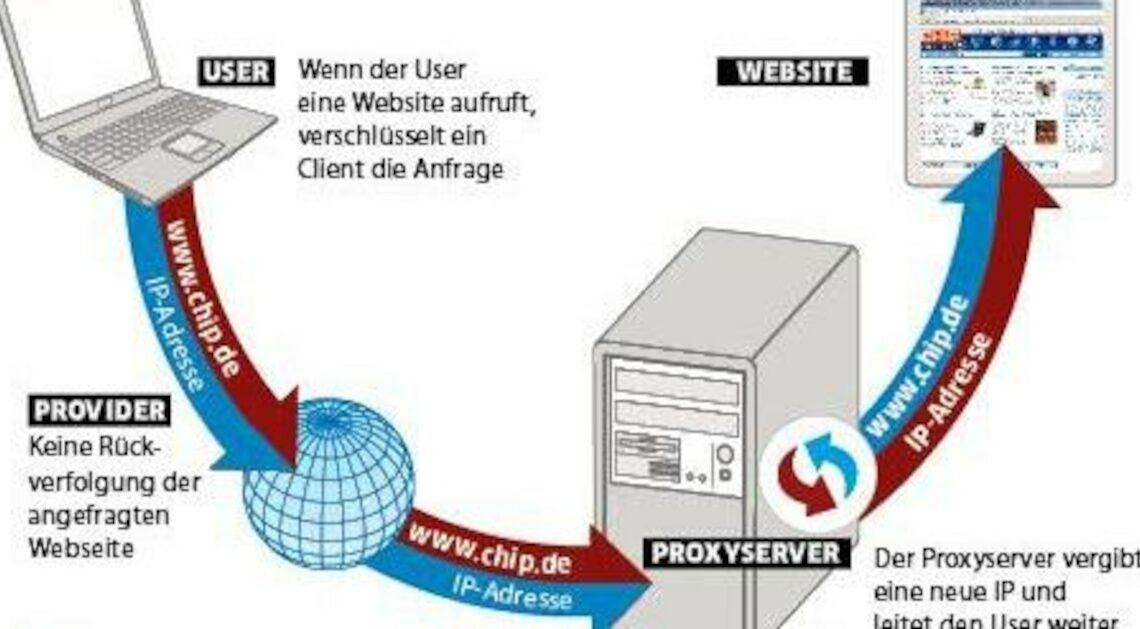
A VPN (Virtual Private Network) protects your online privacy by encrypting your internet connection. The connection therefore ensures secure surfing.
VPN connection simply explained
With a “virtual private network”, or VPN for short, you can access your private or local network while on the go. This can be very useful both privately and professionally.
- To do this, you need VPN software that communicates with the network router and is also installed on the computer you want to use to access the network.
- A small application example: You are on a business trip and want to access the company network to view a presentation. You connect to the Internet and then use the software to log into the VPN network. Now you can work as if you were in the office, even though you are hundreds of kilometers away.
- Advantages: You can use all services that are only available in your private or professional network via a VPN connection. Companies in particular often have programs that can only be used on the intranet. You can then access these from outside.
- You also have access to all locally stored files. These do not need to be laboriously synchronized when you return.
VPN connection
VPN (Virtual Private Network) is a network connection that cannot be seen by third parties. Hence the name: Virtual Private Communications Network.
Use VPN connection privately
VPNs are not only beneficial for business use, but also for private use. VPNs are most commonly used to circumvent geoblocking systems.
- For example, if you want to use the American offerings of Netflix or HBO, this is actually not possible in Germany.
- You will only be able to access the services if you are located in the USA. However, with the help of VPN software, you can run your Internet connection through an American server.
- As a result, Netflix and HBO recognize that you are opening the website via an American server and therefore technically have to be located in the USA; access is granted.
- In this case, you will not be connected to the local network of your office as in the first example, but to any network in the desired country via VPN. The various VPN providers operate different servers in numerous countries for this purpose.
Technical background of a VPN
A virtual private network (VPN) provides a secure connection between a device and a remote network.
- Encryption: Encryption is an essential part of a VPN as it ensures the security and confidentiality of the data being transmitted. When using a VPN, the data is encrypted before it is sent over the internet. This prevents unauthorized persons from accessing or intercepting the information.
- Encrypting data preserves your privacy because your information is protected during transmission. Even if someone intercepts the traffic, they cannot read or understand the encrypted data.
- VPN-Tunneling: VPN tunneling refers to the process of securely transmitting data over the Internet from a device to the VPN server and vice versa.
- When establishing a VPN tunnel, the user's device authenticates itself with the VPN server. This is usually done by exchanging authentication information such as username and password.
- Once authentication is successfully completed, a secure communication channel is established between the device and the VPN server.
